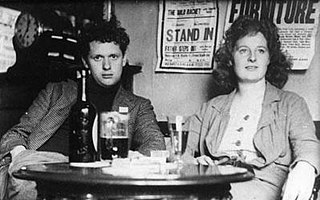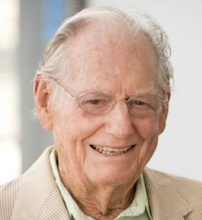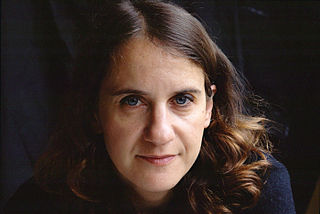A Quote by Aleksandr Solzhenitsyn
The fewer limitations the artist imposes on his work, the less chance he has for artistic success.
Related Quotes
Clearly the hardest thing for the working artist is to create his own conception and follow it, unafraid of the strictures it imposes, however rigid these may be... I see it as the clearest evidence of genius when an artist follows his conception, his idea, his principle, so unswervingly that he has this truth of his constantly in his control, never letting go of it even for the sake of his own enjoyment of his work.
There's an idea that it's hard to be a woman artist. People assume that women have fewer opportunities, less power. But it's not any harder to be a woman artist than to be a male artist. We all take what we are given and use the parts of ourselves that feed the work. We make our way. Photographers, men and women, are particularly lucky. Photography lets you find yourself. It is a passport to people and places and to possibilities.
Every artist knows that there is no such thing as "freedom" in art. The first thing an artist does when he begins a new work is to lay down the barriers and limitations; he decides upon a certain composition, a certain key, a certain relation of creatures or objects to each other. He is never free, and the more splendid his imagination, the more intense his feeling, the farther he goes from general truth and general emotion.
Artistic qualities that once seemed undeniable don't seem so now. Sometimes these fluctuations are only fickleness of taste, momentary glitches in an artist's work, or an artist getting ahead of his audience (it took me ten years to catch up to Albert Oehlen). Other times, however, these problems mean there's something wrong with the art.
It is only in his work that an artist can find reality and satisfaction, for the actual world is less intense than the world of his invention and consequently his life, without recourse to violent disorder, does not seem very substantial. The right condition for him is that in which his work in not only convenient but unavoidable.
Success has always been the greatest liar - and the "work" itself is a success; the great statesman, the conqueror, the discoverer is disguised by his creations, often beyond recognition; the "work," whether of the artist or the philosopher, invents the man who has created it, who is supposed to have create it; "great men," as they are venerated, are subsequent pieces of wretched minor fiction
Developing fewer features allows you to conserve development resources and spend more time refining those features that users really need. Fewer features mean fewer things to confuse users, less risk of user errors, less description and documentation, and therefore simpler Help content. Removing any one feature automatically increases the usability of the remaining ones.







































